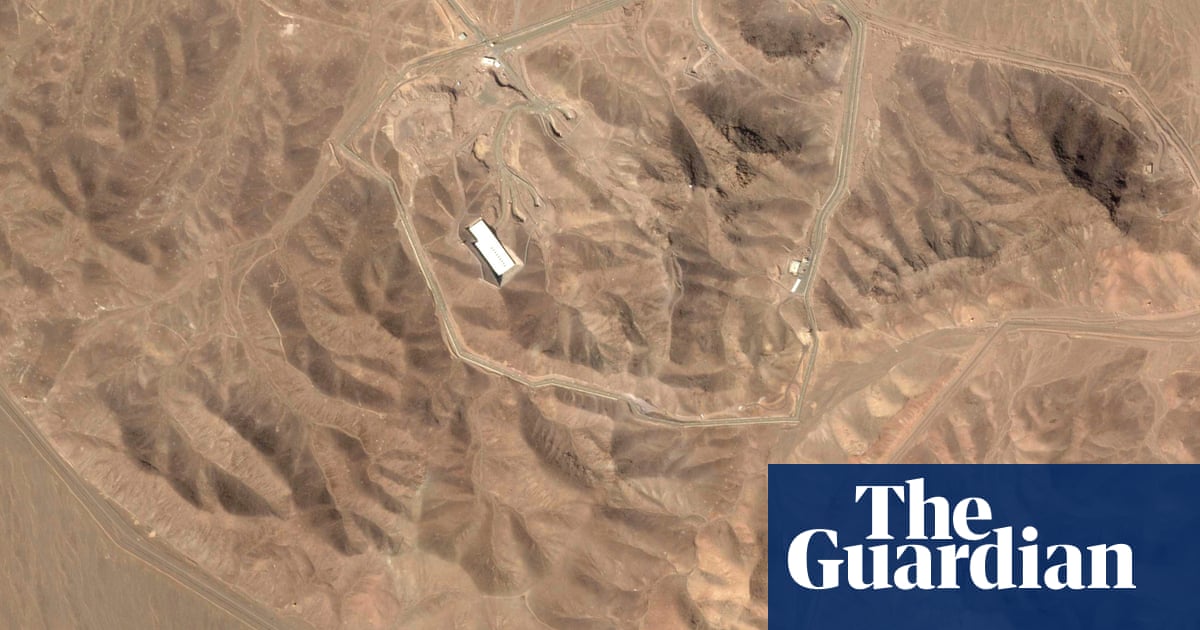In 2015, a rare moment of US congressional unity passed the Space Act – to mine asteroids as if they were open seams of ore and harvest planets like unclaimed farmland. Quietly signed by President Barack Obama, it now reads as a premature act of enclosure: staking titles in a realm we scarcely understand. Though some expressed concerns at the time, it was justified by the idea of inevitable progress. Such naivety evaporated with Donald Trump. Space had been humanity’s last commons, shielded by a 1967 Outer Space treaty. Mr Trump declared it dead in 2020, signing the Artemis Accords and enlisting 43 allies, including the UK, in the legalisation of heaven’s spoils. In March, Mr Trump vowed to plant the stars and stripes on Mars – and beyond. The age of celestial commons was brief, if it ever began.
A new report by the Common Wealth thinktank, titled Star Wars, warns that a powerful coalition – composed of private corporations, billionaires such as Elon Musk and Jeff Bezos, and “neoliberal” thinktanks – is working to extend earthly ownership structures to space. The report’s author, Durham University’s Carla Ibled, calls it “the transfer of shared resources into the hands of a few”. The 1967 treaty bans state exploitation of space, but is vague on private claims – a loophole now fuelling a tycoon-led scramble for the stars. The aim is obvious: to act first, shape norms and dare others to object.
Companies are targeting asteroid mines for “platinum group” metals, lunar ice for fuel and helium 3 for nuclear fusion. These are, admittedly, more likely to be business cases more than functioning businesses. Space law, however, is being fashioned to allow appropriation under the guise of peaceful, commercial activity. Some bizarrely argue that off‑planet mining is social justice – shifting pollution from Earth to “lifeless” space to spare local communities environmental harm. Common Wealth rightly sees this as a modern-day enclosure movement. Space isn’t a prize for private conquest. It’s a shared realm needing democratic, ethical stewardship – not corporate extraction in legal disguise.
Building a worldwide democratic, collective model is not easy. There is no global body that has clear authority over space resource governance. There is an embryonic one in the UN Office for Outer Space Affairs. Previous attempts to create new frameworks – like the 1979 Moon Agreement – have failed to gain traction among major space powers. There are also longstanding concerns that privatisation is a cover for the militarisation of the cosmos. Notably, the UK has yet to adopt a space resource licensing system – unlike its fellow Artemis Accords founders the US, Luxembourg, United Arab Emirates and Japan. Reviving cold war lines in the stars, Russia and China defend space as common property against western-style celestial land grabs.
There is no viable commercial model for the extraction of space resources and their return to Earth for sale. Nasa’s Moon rock returns helped Congress justify space property rights. Dr Ibled warns that humanity’s last commons is slipping into private hands. Some have proposed an Antarctic-style, consent-based model for space – which would treat it not as endless bounty but as a realm worthy of restraint and respect, where survival uses like water extraction would be permitted. Creating equitable global governance is hard. But that’s no excuse not to try. The stakes, after all, are planetary.

.png) 1 month ago
34
1 month ago
34

















































